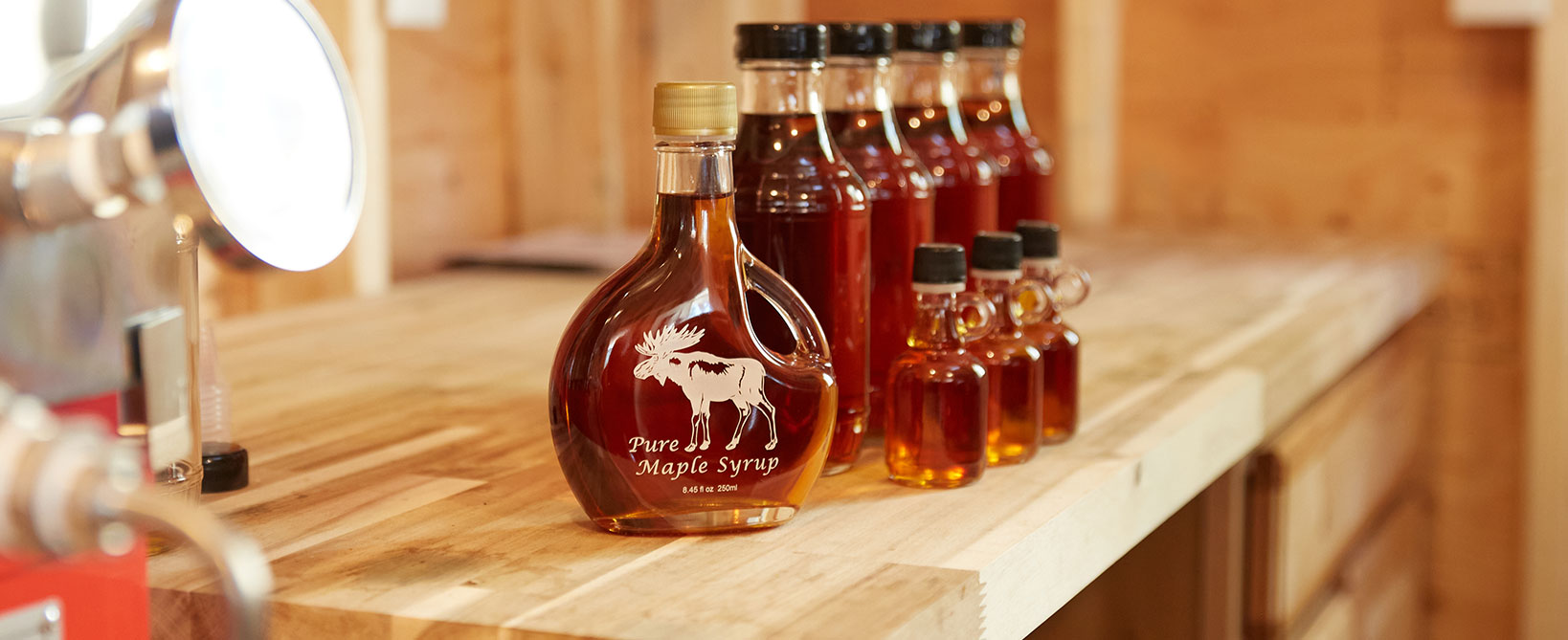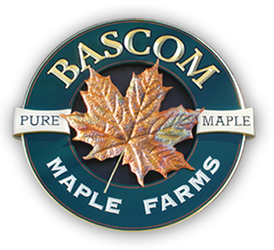
Maple Syrup: More Than a Sweetener
Is pure maple syrup actually good for you?
First of all, we should clarify that this would be REAL maple syrup, not any imitations such as “pancake” or “breakfast” syrup with maple flavoring. It is widely accepted, much like honey, to be a healthier alternative to refined cane sugar and other sweeteners, but this is not only because it is more natural and less processed. There are, in fact, several health benefits to using maple syrup, such as having a high content of minerals our bodies need. Unlike cane sugar, which has lost any nutrients in the production process, the minimal processing of maple syrup allows it to maintain a relatively high nutritional value.
Both honey and maple syrup contain many helpful antioxidants which are anti-inflammatory, anti-cancer, and anti-bacterial. It was recently discovered that maple syrup is a source of a class of antioxidants which are found in berries, as well as five others which are unique to maple syrup. In fact, there was a study in 2015 by Nathalie Tufenkji which shows that maple syrup actually enhanced the effectiveness of antibiotics, and reduce their negative consequences. (These findings, so far, are lab-based only, and need further studies to be done.)
Maple syrup is also rich in both essential and trace minerals. A ¼ cup of maple syrup would contain your full recommended daily value of Manganese, which is essential for things such as brain and nerve function, calcium absorption, and even blood sugar regulation, to name a few. As you can see from the chart below, it contains several other minerals, and at a significantly higher amount than all the others.

Although maple syrup is considered an added sugar, since it does not naturally occur in our foods, there is yet another reason it is a much healthier alternative to refined sugar. While cane sugar ranks at 60 on the glycemic index, maple syrup falls in at only 54. For perspective, foods with a glycemic index score of 1-55 are considered low GI, and do not raise the blood sugar levels as quickly as foods with a higher score. It is still good to remember, however, that consuming large amounts of any sugar will cause your blood sugar levels to increase, and will be detrimental to your health. This is even true of natural sweeteners such as honey and maple syrup.
While artificial sweeteners may seem to be a good calorie-free alternative to sugar, they are also known to be tied to numerous health issues such as weight gain, anxiety, short-term memory loss, enhance insulin resistance, damage metabolic health, and many more. In addition, it is even possible to develop an addiction to artificial sweeteners due to the way they affect food cravings. As the chart above demonstrates, honey and maple syrup may have some calories, but their nutritional benefits far outweigh this factor, and there are not any of the negative side effects such as those found with artificial options. In addition, it triggers satisfaction with its natural sweetness, rather than craving.
So when all is accounted for, maple syrup is not only a delicious, natural alternative to the empty calories of other sugars (honey excluded), or to the dangers of artificial sweeteners, but is also quite nutritious and beneficial to us. Of course, as with any sweetener, it should be consumed in moderation, and in the case of some conditions, (i.e. diabetes or chronic inflammation) avoided altogether.
These various pages helped with my research and will provide a wealth of information should you wish to read more.
https://www.maplesource.com/maple-vs-other-sweeteners/
https://www.maplesource.com/health-benefits/
https://www.organicauthority.com/energetic-health/superfood-sweetener-maple-syrup-nutritious-low-glycemic
https://www.goodrx.com/well-being/diet-nutrition/sweeteners
https://mainemapleproducers.com/nutrition-the-9-health-benefits-of-maple-syrup/
https://www.treejuicemaplesyrup.com/blogs/news/maple-syrup-benefits
https://vermontevaporator.com/the-health-benefits-of-maple-syrup-2/
https://web.uri.edu/maple/pure-maple-syrup-might-be-the-newest-antibiotic/
https://web.uri.edu/maple/polyphenolic-extract-from-maple-syrup-potentiates-antibiotic-susceptibility-and-reduces-biofilm-formation-of-pathogenic-bacteria/
https://findinghomefarms.com/pages/health-benefits-of-maple-syrup
https://www.parkersmaple.com/blogs/blog/the-sugar-wars-maple-syrup-vs-honey
